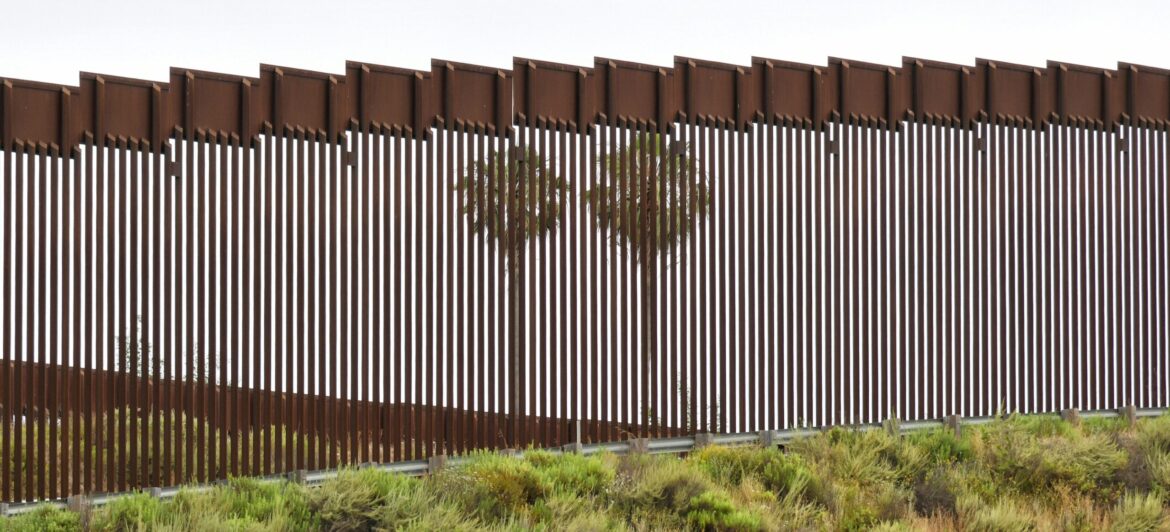The American Civil Liberties Union (ACLU) has initiated a class action lawsuit in the U.S. District Court for the Northern District of Texas, contesting President Donald Trump’s invocation of the Alien Enemies Act (AEA) to deport Venezuelan immigrants. Filed on April 15, 2025, the lawsuit seeks writs of habeas corpus on behalf of detained Venezuelans, arguing that the administration’s actions violate due process rights and fail to provide adequate notice to those affected.
President Trump’s proclamation, signed on March 14, 2025, designated the Venezuelan gang Tren de Aragua as a foreign terrorist organization, alleging that its members were conducting “irregular warfare” against the United States. This designation served as the basis for invoking the AEA, a rarely used 18th-century law that grants the president authority to detain and deport nationals from hostile nations during times of war. The administration has used this authority to detain and deport Venezuelans suspected of gang affiliation, often without individualized hearings or sufficient evidence.
The ACLU’s lawsuit contends that the administration’s use of the AEA in this context is unconstitutional, as it bypasses established immigration procedures and denies detainees their right to due process. Many of the affected individuals have pending asylum claims and no criminal records, raising concerns about the arbitrary nature of the detentions and deportations. The lawsuit also highlights instances where detainees were not provided with notices in their native language or were coerced into signing documents without understanding their rights.
In response to the legal challenges, several federal judges have issued temporary restraining orders to halt deportations under the AEA. Notably, Judge James Boasberg of the U.S. District Court for the District of Columbia expressed skepticism about the administration’s actions, stating that the use of the AEA in this manner is “incredibly troublesome and problematic.” Despite these judicial interventions, the administration proceeded with deportations, including flights to El Salvador, where deported individuals were reportedly detained without trial in facilities with known human rights concerns.
The Supreme Court has weighed in on the matter, ruling that while the administration can proceed with deportations under the AEA, detainees must be granted court hearings and the opportunity to challenge their removal. The Court emphasized that legal challenges must be filed in the district where the detainees are held, leading the ACLU to file multiple habeas corpus petitions across various states, including Texas, New York, and Colorado.
The ACLU’s legal actions underscore the ongoing tension between the executive branch’s immigration policies and the judiciary’s role in upholding constitutional protections. As the legal battles continue, the fate of many Venezuelan immigrants hangs in the balance, highlighting the broader implications of using wartime laws in peacetime immigration enforcement.

